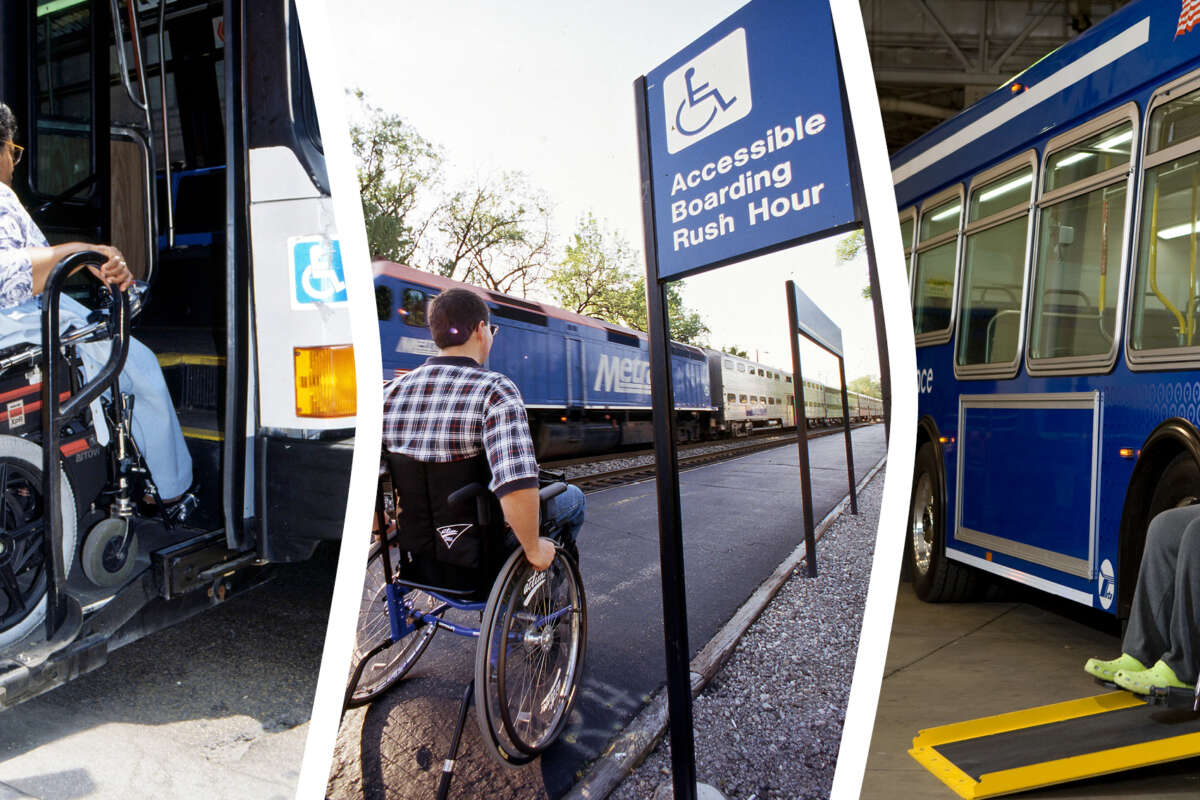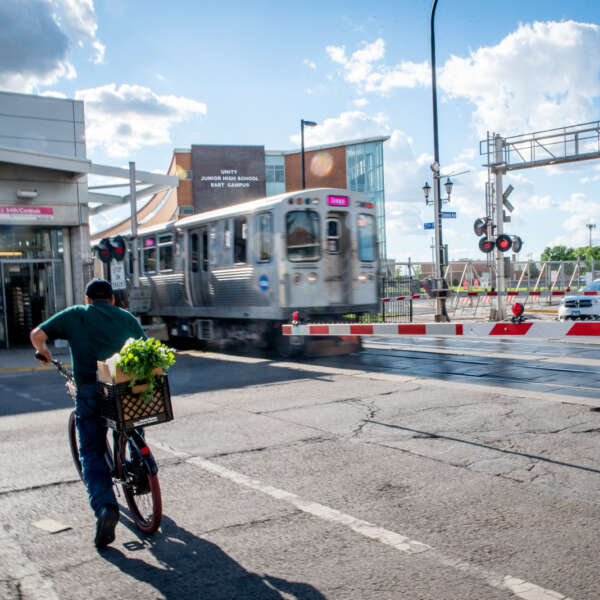RTA working with partners to improve transportation access for all
March 22, 2021
March 22, 2021

The Regional Transportation Authority (RTA) is committed to increasing mobility options for all residents of the Chicago region, no matter their age, ability, or income. That goal is shared by many partners across the region and was the topic of a recent webinar, “Improving transportation access and equity in the Chicago region.”
Subscribe to our Newsletter
Related Articles
 How to use transit to celebrate the holidays in the Chicago region
How to use transit to celebrate the holidays in the Chicago region
Whether you’re looking to shop at holiday markets, attend festive performances, or take in all the sights the region has to offer, riding transit is the best...
November 18, 2024 How to use transit to get to Chicago area concert venues
How to use transit to get to Chicago area concert venues
As the birthplace of house and gospel music and a seedbed of blues and modern jazz, Chicago has always boasted a strong musical heritage. Today’s music scene...
November 7, 2024 How to use transit to enjoy fall in the Chicago region
How to use transit to enjoy fall in the Chicago region
Instead of mourning another Chicagoland summer come and gone, start creating your plans to make the most of fall. The RTA has curated a list of indoor and ou...
October 17, 2024 How to use transit to explore the Chicago region’s architecture
How to use transit to explore the Chicago region’s architecture
Chicago is one of the world’s great cities for architecture and designed landscapes—and the birthplace of the word “skyscraper.” The region is home to an unm...
September 24, 2024 How to use transit to enjoy Hispanic Heritage Month in the Chicago region
How to use transit to enjoy Hispanic Heritage Month in the Chicago region
Hispanic Heritage Month is celebrated in the United States from September 15-October 15 to recognize the contributions and influence of Hispanic Americans. T...
September 11, 2024 In memoriam: Cartographer Dennis McClendon, ‘Mr. Downtown,’ left his mark on Chicago transit
In memoriam: Cartographer Dennis McClendon, ‘Mr. Downtown,’ left his mark on Chicago transit
The RTA is marking the passing of cartographer and Chicago historian Dennis McClendon, who provided cartographic work to the RTA for more than a decade. McCl...
August 14, 2024